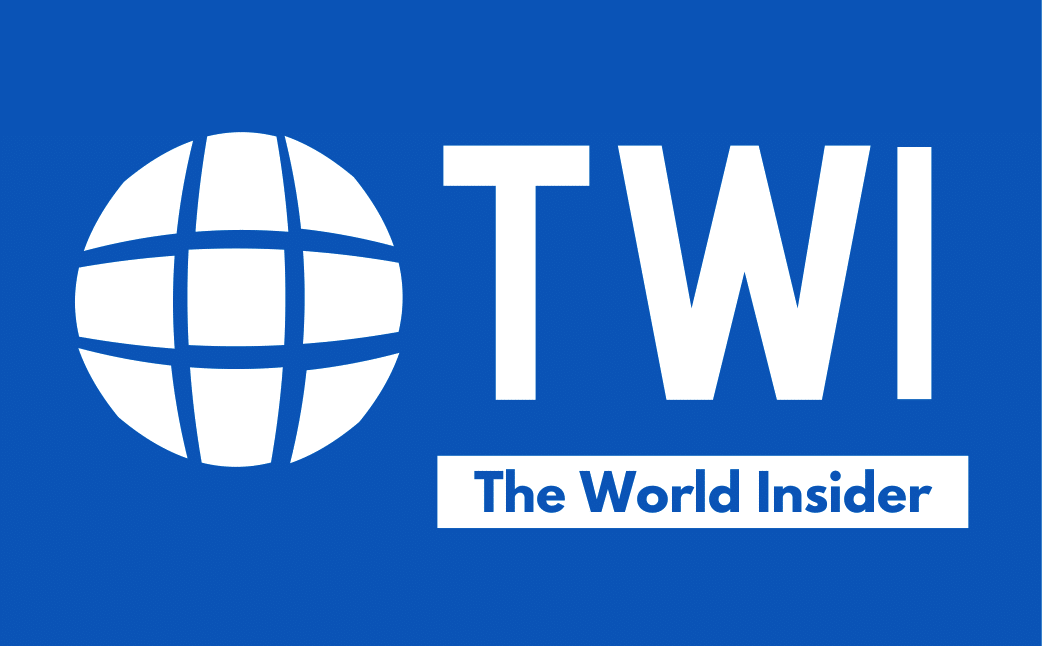President Joe Biden announced ambitious plans of spending more than $42 billion to expand universal high-speed broadband within the US and its territories by 2030.
Biden said that high-speed internet is no longer a luxury but an “absolute necessity” for Americans. “With this funding, along with other federal investments, we’re going to be able to connect every person in America to reliable high-speed internet by 2030” he promised.
With these allocations, all 50 states, DC, and the territories now have the resources to connect every resident and small business to reliable, affordable high-speed internet by 2030. There are currently about 8.5 million American households that have no internet and millions more struggle with limited or unreliable internet options.
Biden said more than 35,000 projects are already funded or underway to lay cable that provides internet access. Some of those are from $25 billion in initial funding as part of the “American Rescue Plan.” The president compared the effort of getting everyone online in the United States to ‘electrification of the farmland throughout the country during the 1930s; the Rural Electrification Act involved distributing federal loans with the purpose of providing rural areas with electricity.
High-speed internet isn’t a luxury – it’s a necessity.
— President Biden (@POTUS) June 27, 2023
Our bipartisan infrastructure law is funding 35,000 projects across America, including hundreds of projects for high-speed internet.
And to date, 19 million families are saving at least $30 a month thanks to our plan.
“It’s the biggest investment in high-speed Internet ever, because for today’s economy to work for everyone, Internet access is just as important as electricity was or water or other basic services” the president said.
The $42 funding falls under the Broadband Equity Access and Deployment (BEAD) Program authorized by the $1 trillion 2021 infrastructure law passed by Congress back in 2021.
Key facts
- The funding aims to connect every resident and small business in the United States to reliable, affordable high-speed internet by 2030.
- Awards range from $27 million to over $3.3 billion, with every state receiving a minimum of $107 million.
- 19 states would receive over $1 billion with the top 10 allocations in Alabama, California, Georgia, Louisiana, Michigan, Missouri, North Carolina, Texas, Virginia and Washington.




